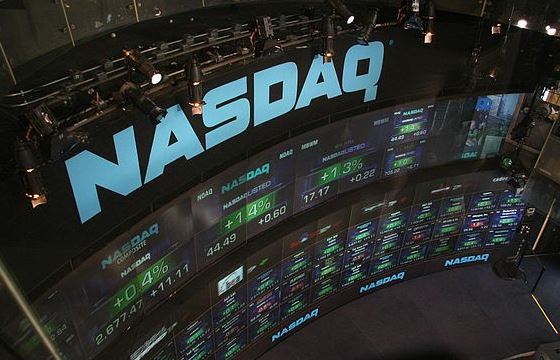The Nasdaq Composite reached 4,293 Monday, up more than 35% in the past year and more than 200% in the past five. It remains well below the record it set on March 10, 2000, and will not close the gap. The Nasdaq trades at 85% of the record close hit almost 14 years ago — 5,049. Wildly irrational assumptions about how companies should be valued have been muted over the years, even if just by a little.
Whatever froth investors believe drives the market now, as shares of Google Inc. (NASDAQ: GOOG), Facebook Inc. (NASDAQ: FB) and Tesla Motors Inc. (NASDAQ: TSLA) reach new records, the frenzy is still well short of what it was when the index soared through 1999. One measure of the insanity of the March 2000 peak is the number of publicly traded companies that, once part of the run-up, shut down within a year or two.
Pets.com filed for bankruptcy in 2000. So did Webvan. Long distance company WorldCom went bankrupt in 2002. Online fashion site Boo.com filed for Chapter 11 by the end of 2000. Software security company Open.com filed in 2001. Each of the companies went public with major underwriters. Each had shares that moved higher by triple digits. Most importantly, each raised too little cash. Without high share prices, each had nothing to allow it to raise more money.
Some investors argue that Google has too much money, and so does Facebook and certainly Apple Inc. (NASDAQ: AAPL). Even with its remarkable balance sheet, Facebook stock is “only” up 160% in the past year. However, unlike the darlings of 2000, Facebook posted revenue of $2.6 billion in the final quarter of 2013 and had net income of $523 million. At its current growth rate, its revenue could be $12 billion next year. Pets.com and Webvan never had revenue even close to that level. Some of the companies that had IPOs in 1999 had no revenue at all. Investors would be hard pressed to find a major public corporation with an IPO in the past two years that had not produced a dollar of revenue.
The revenue of Facebook and other companies that have gone public in the past year is what will keep the Nasdaq well short of its all-time high. Wall Street needs more than a little truth that a company can produce sales. The wildness of 2000 rode on top of the assumption that brilliant ideas would automatically drive sales. The “no sales, high stock price” era will not return, even if that is the only lesson of Nasdaq at 5,049. Ironically, the need for sales to calculate a valuation ultimately will hold this market back.
Travel Cards Are Getting Too Good To Ignore (sponsored)
Credit card companies are pulling out all the stops, with the issuers are offering insane travel rewards and perks.
We’re talking huge sign-up bonuses, points on every purchase, and benefits like lounge access, travel credits, and free hotel nights. For travelers, these rewards can add up to thousands of dollars in flights, upgrades, and luxury experiences every year.
It’s like getting paid to travel — and it’s available to qualified borrowers who know where to look.
We’ve rounded up some of the best travel credit cards on the market. Click here to see the list. Don’t miss these offers — they won’t be this good forever.
Thank you for reading! Have some feedback for us?
Contact the 24/7 Wall St. editorial team.





